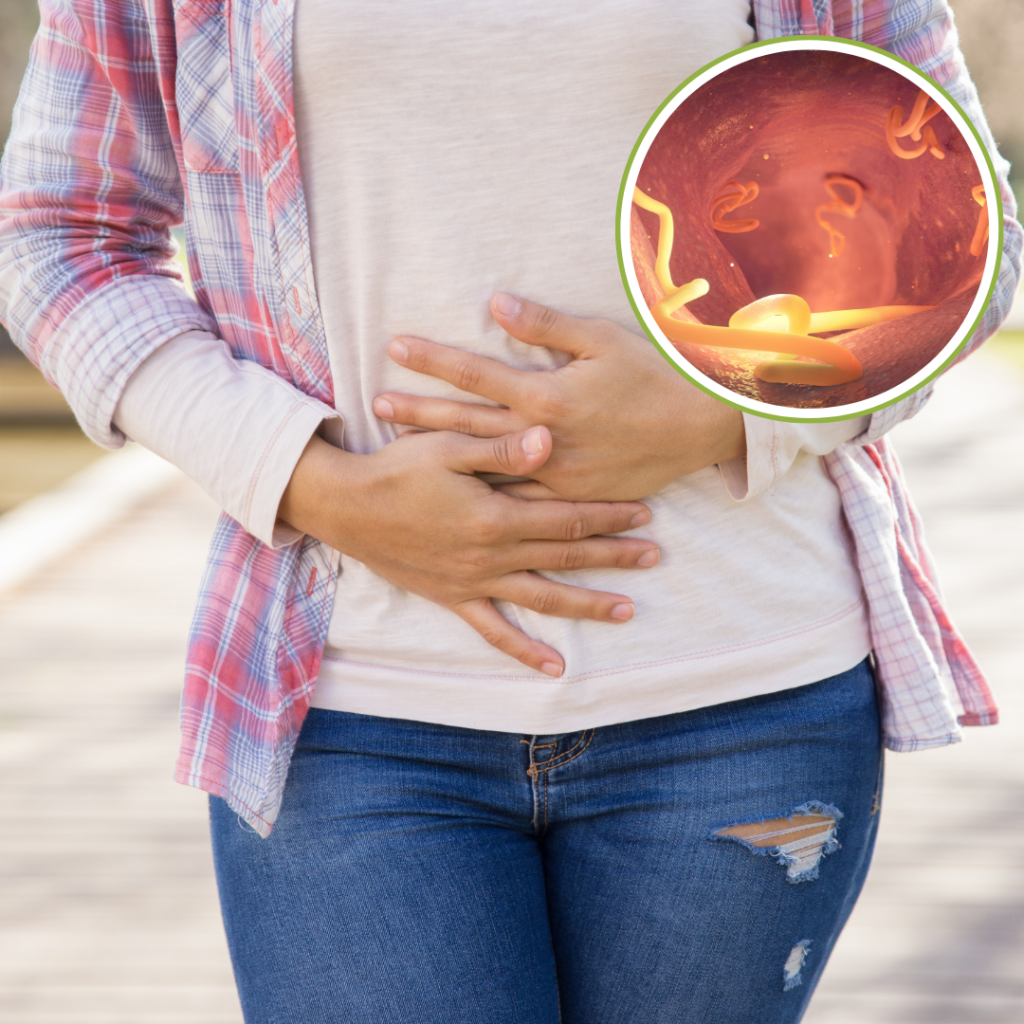

After the indulgent Christmas food binge, a whole year of eating out, and simply existing, deworming becomes important for eliminating parasitic worms from the body. This practice helps prevent infections caused by organisms such as roundworms, tapeworms, and hookworms, which can lead to serious health complications if left untreated.
The World Health Organisation (WHO) and the Jamaican Ministry of Health and Wellness advise regular deworming, especially for school-aged children who are more susceptible to worm infections. Parasitic worms can spread through contaminated food, water, or soil, making routine deworming a preventative health strategy.
How Often Should You De-Worm?
The frequency of deworming depends on factors like age, lifestyle, and geographical location. Many healthcare professionals recommend deworming once or twice a year, particularly after periods of heavy eating. However, those in high-risk areas or with specific health conditions may require more frequent treatment.

Signs you may need de-worming may include, but are not limited to, the following symptoms:
- Abdominal pain
- Diarrhoea
- Nausea or vomiting
- Unexplained weight loss
- Fatigue
- Itchy Skin

De-Worming Options
Over-the-counter medications like Zentel and Benjamins are effective, with capsule and liquid forms available.
Natural remedies such as garlic, thyme, clove, turmeric, unripe papaya (with the seeds eaten whole), and pumpkin seeds can also help keep the body parasite-free.
Stay Healthy This New Year
Prioritise deworming to maintain optimal health and well-being following the festive season. Let’s start the new year right!
Consult your healthcare provider for personalised recommendations on the best deworming practices for you and your family.







Comments